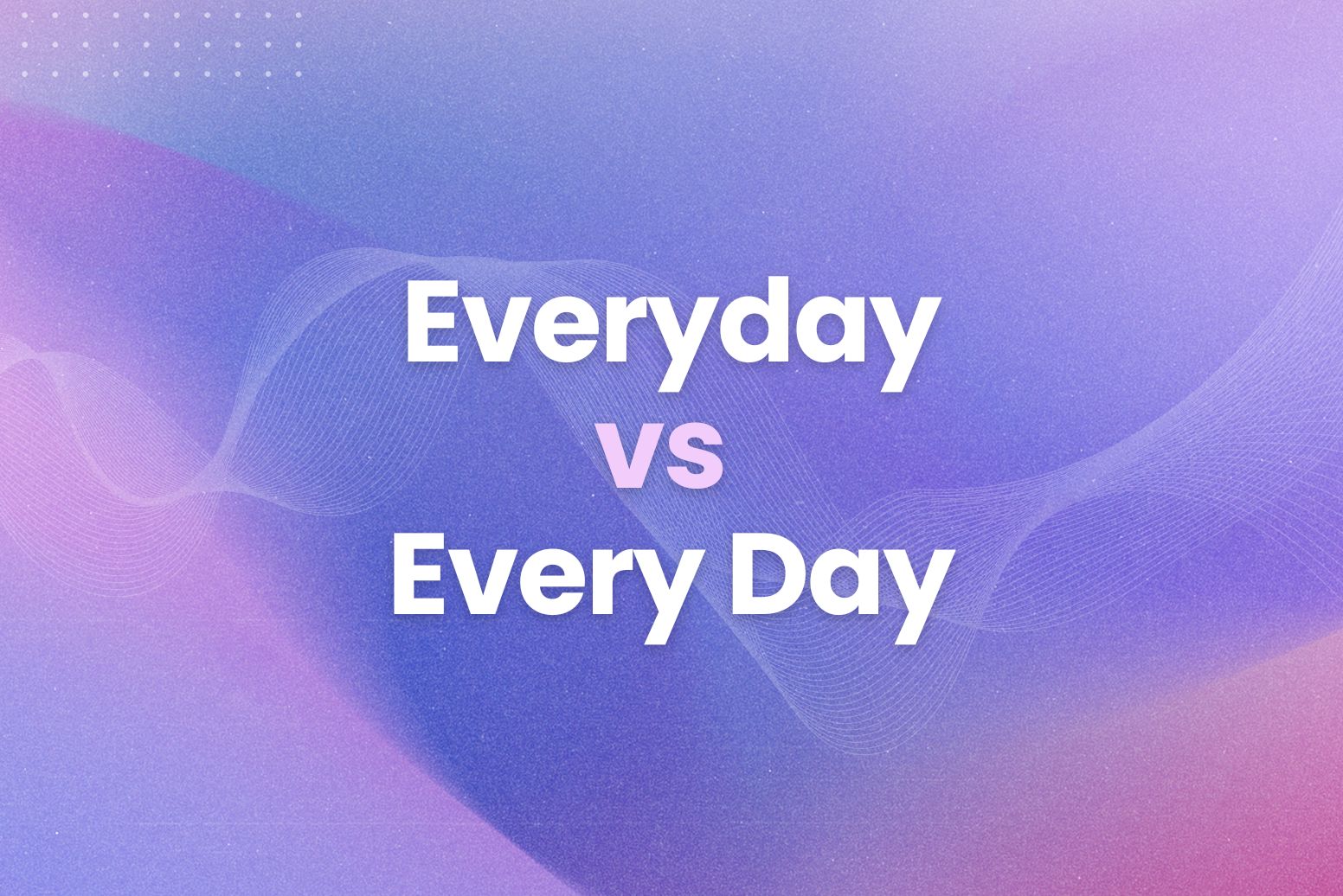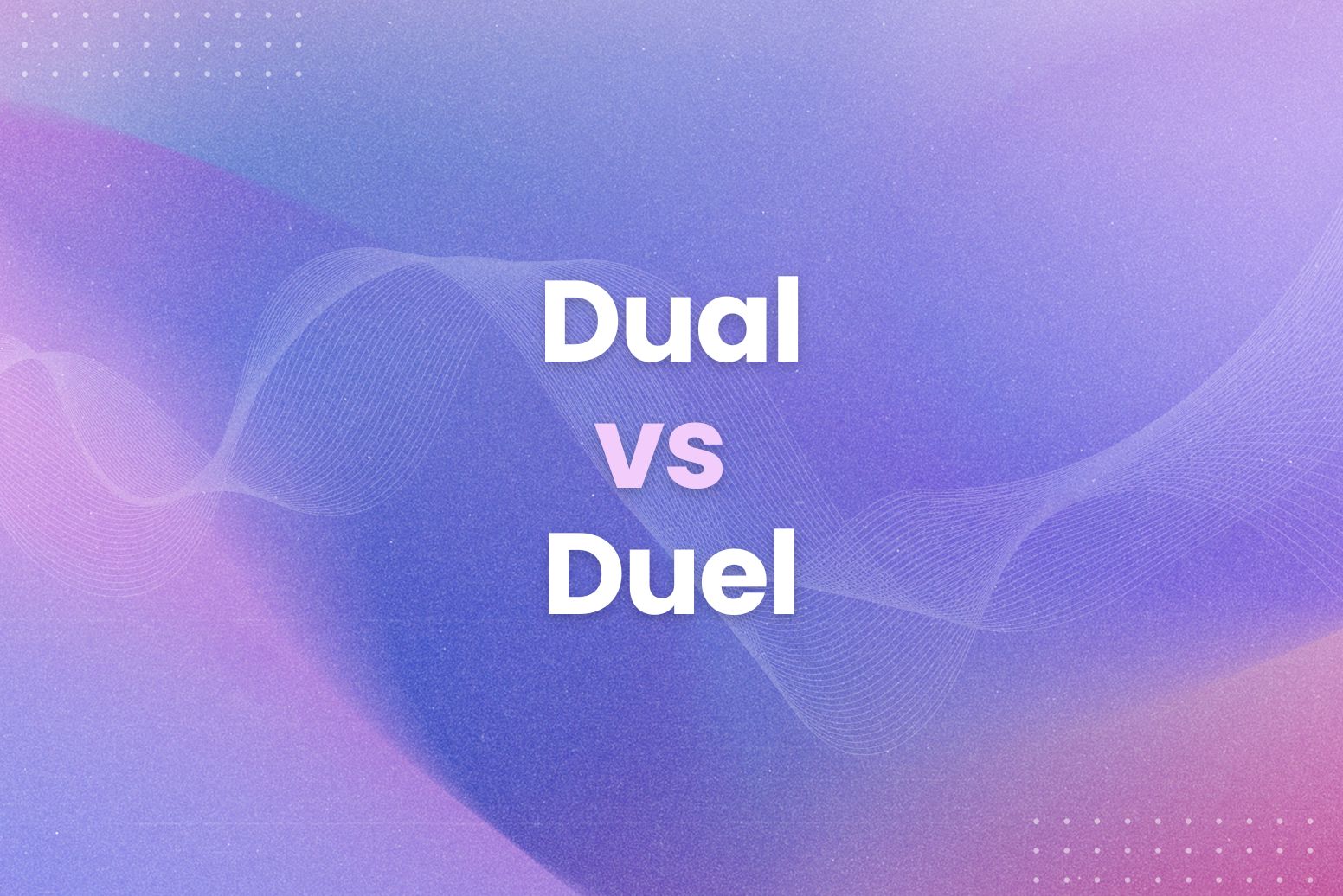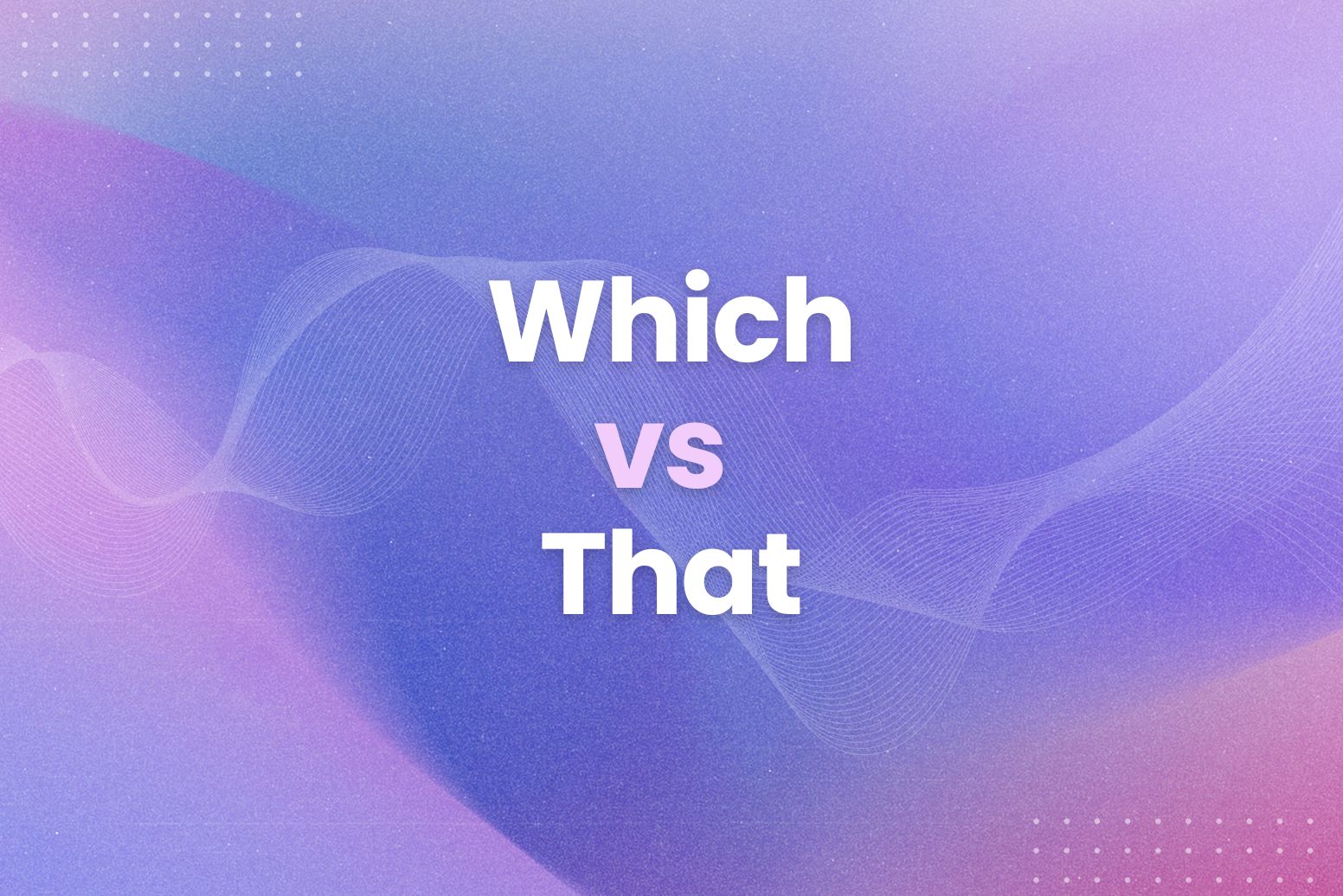Ever feel like your writing is almost perfect, but something just seems…off? You craft compelling sentences, but then a tiny grammar gremlin creeps in. It’s often those small word choices that can make or break your message. For instance, “Everyday vs Every Day” are a constant source of confusion.
Therefore, this guide will provide clarity. In short, mastering this distinction boosts your writing’s credibility. In this guide, we’ll tackle this common grammar hurdle head-on. As a result, you’ll learn the simple trick to using these phrases correctly every time.
- Understanding the difference between an adjective and an adverbial phrase.
- Learning a quick replacement test to determine the correct usage.
- Seeing real-world examples to solidify your understanding.
Adjective vs. Adverbial Phrase: The Core Difference between Everyday vs Every Day
Firstly, let’s break down the basics. An adjective describes a noun. For example, a red car, a tall building, or an everyday routine. Therefore, “everyday” (one word) acts as an adjective. In other words, it describes something ordinary or commonplace.
On the other hand, an adverbial phrase describes a verb, adjective, or another adverb. For instance, “He runs quickly.” Or, “She is incredibly talented.” Similarly, “every day” (two words) functions as an adverbial phrase. That is to say, it tells when something happens—specifically, daily.
To clarify, think of it this way: “everyday” describes what kind of thing it is. In contrast, “every day” describes how often something occurs. This distinction is key. As a result, understanding this difference will prevent many common errors.
The “Each Day” Test: A Quick Trick
Secondly, let’s learn a handy trick. This simple test will help you choose between “everyday” and “every day.” In other words, we’re going to use a replacement strategy.
If you can replace “every day” with “each day” in your sentence, then “every day” (two words) is correct. For example:
- “I drink coffee every day.” becomes “I drink coffee each day.” (Correct)
- “This is my everyday routine.” cannot become “This is my each day routine.” (Incorrect)
Consequently, if the sentence doesn’t make sense with “each day,” you need “everyday” (one word). Moreover, this test is extremely reliable. Above all, it’s easy to remember.
To clarify further, let’s look at another example. “Every day I go to the gym.” Replacing it with “Each day I go to the gym” works perfectly. Therefore, “every day” is the correct choice.
However, replacing the sentence “These are my everyday shoes” with “These are my each day shoes” sounds awkward. As a result, “everyday” is the right word. This simple substitution will drastically improve your accuracy.
Real-World Examples: Seeing It in Action
Thirdly, let’s solidify your understanding with some real-world examples. This section will show you how these words function in context. Moreover, we’ll analyze why each usage is correct.
Everyday (Adjective)
- “She wears everyday clothes to work.” (Describes the type of clothes.)
- “Dealing with traffic is an everyday struggle.” (Describes the type of struggle.)
- “This is an everyday occurrence in this city.” (Describes the type of occurrence.)
In each of these sentences, “everyday” describes the noun that follows it. For instance, it tells us what kind of clothes, struggle, or occurrence it is.
Every day (Adverbial Phrase)
- “I check my email every day.” (Tells how often I check my email.)
- “They practice the piano every day after school.” (Tells how often they practice.)
- “We learn something new every day.” (Tells how often we learn.)
In these examples, “every day” indicates the frequency of the action. That is to say, it answers the question “how often?” Furthermore, notice how replacing “every day” with “each day” works seamlessly in each case.
Ready to Write with Confidence, Every Day Using Arvin
To sum up, mastering the difference between everyday vs every day is a small but significant step. You can avoid common errors by understanding their grammatical roles and using the “each day” replacement test. Now, you can write with a greater sense of assurance.
Here are the key takeaways on everyday vs every day:
- “Everyday” (one word) is an adjective describing a noun.
- “Every day” (two words) is an adverbial phrase indicating frequency.
- The “each day” test is a simple way to check for correct usage.
- Arvin can provide instant grammar feedback on any webpage.
So, whether you’re crafting an important email, a blog post, or a simple social media update. You can now approach your writing with confidence. Arvin is there to lend a helping hand, ensuring your grammar is always on point. It’s like having a grammar expert by your side, every day, ready to polish your prose and help you shine.
Frequently Asked Questions
Should I use everyday or every day?
Use “everyday” (one word) when it acts as an adjective describing a noun (e.g., “everyday tasks”). Use “every day” (two words) when it’s an adverbial phrase meaning “each day” (e.g., “I go to the store every day”).
Is it I miss you every day or everyday?
It’s “I miss you every day.” Since it describes how often you miss someone, you need the two-word adverbial phrase. Replacing it with “each day” works: “I miss you each day.”
How to use “everyday” in a sentence?
Use “everyday” to describe something ordinary or commonplace. For example: “These are my everyday shoes,” or “Grocery shopping is an everyday chore.”
Does everyday need a space?
Yes, when it means “each day,” it needs a space: “every day.” When it’s an adjective, it’s one word: “everyday.”
Is it I work everyday or I work every day?
It’s “I work every day.” This describes how often you work. Therefore, use the two-word adverbial phrase. Replace it with “each day”: “I work each day.”
Is every night one word?
No, “every night” is two words. It follows the same rule as “every day.” It describes how often something occurs.








